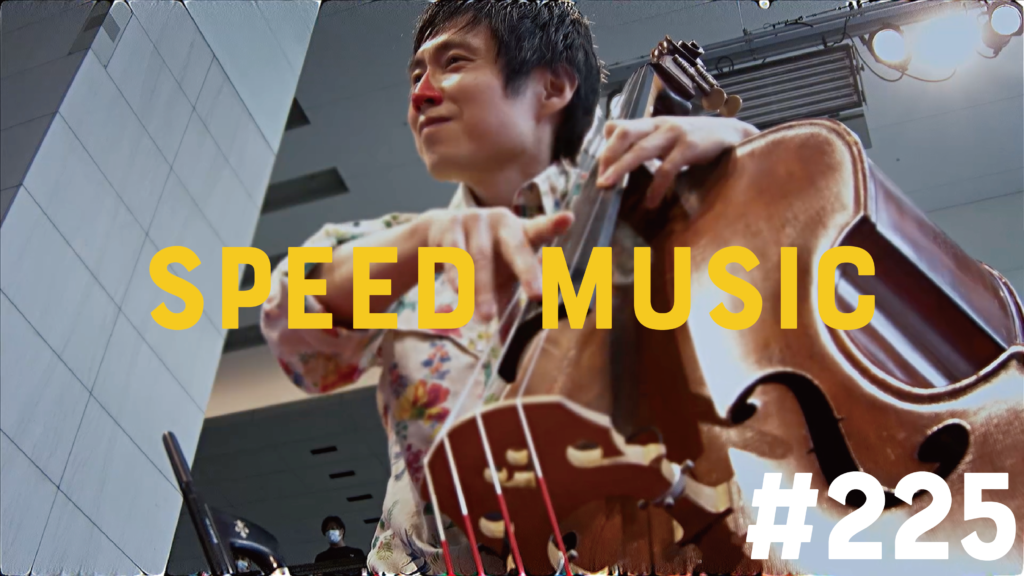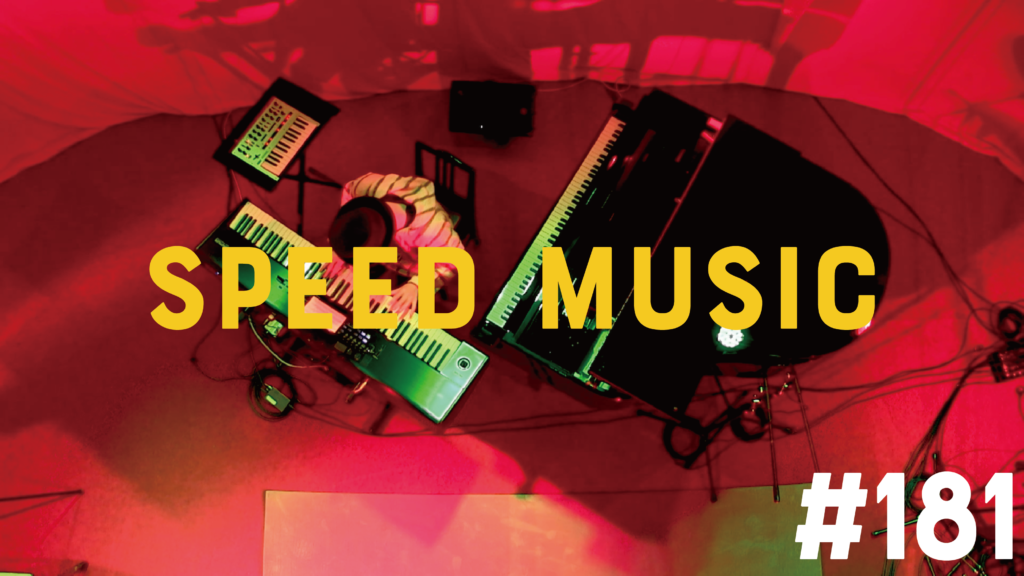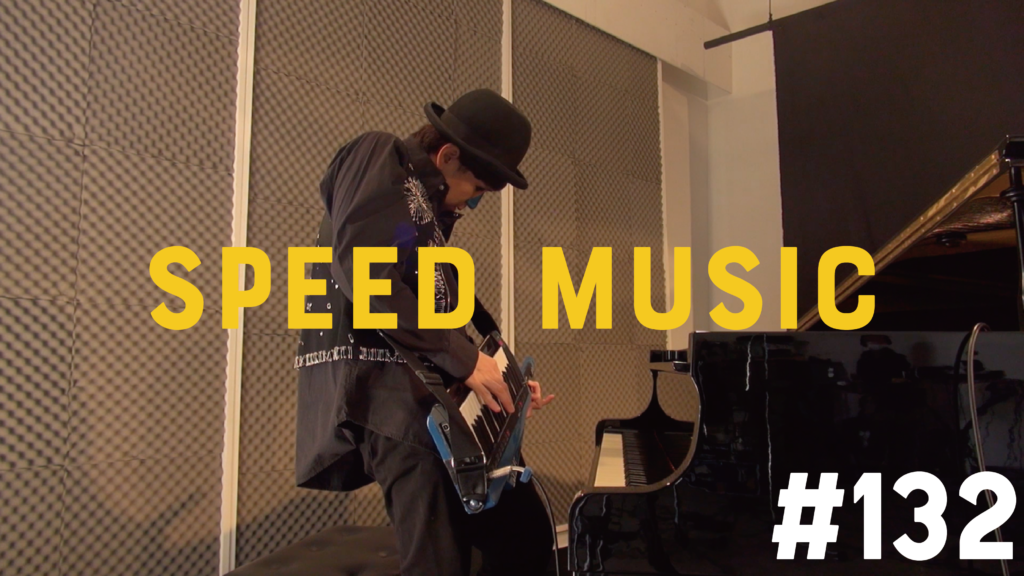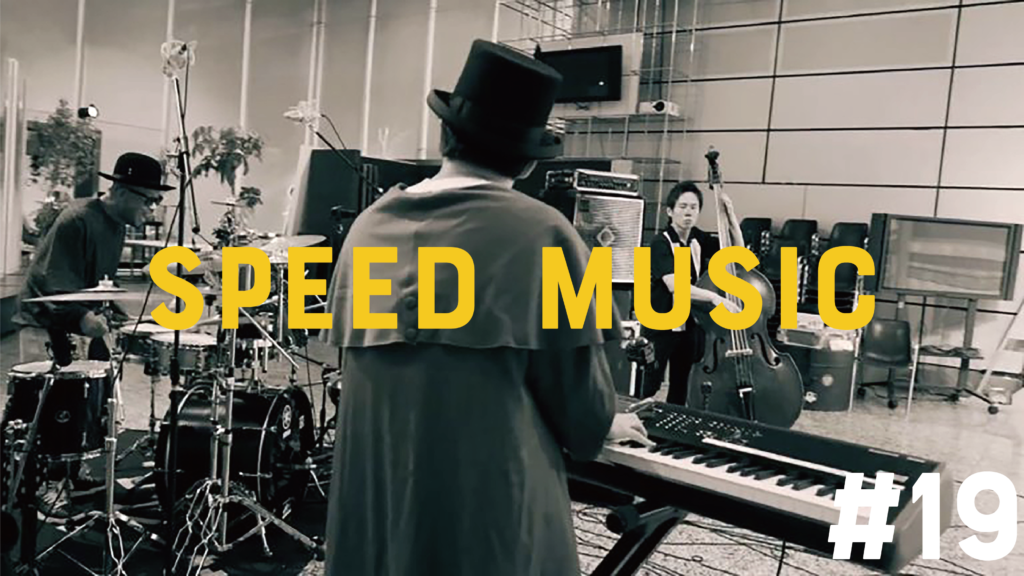#225 よこはま・たそがれ / 五木ひろし by H ZETTRIO
五木ひろしの楽曲で、再デビューシングルである。五木ひろしは1965年に“松山まさる”としてデビューし、その後に一条英一、三谷謙と芸名を変えるも全くヒットには恵まれていなかった。そこで歌手生命のすべてを賭けてよみうりテレビ『全日本歌謡選手権』に挑戦し、10週を勝ち抜く。その結果、自身4つ目の芸名である“五木ひろし”で再デビュー、という経緯がある。そのため、五木は本曲について「自分の原点であり、全てのスタートを切った曲」であると強い思い入れを持っている。(フリー百科事典 ウィキペディア日本語版より:https://x.gd/fR5V8)
This is Hiroshi Itsuki's song and his re-debut single. Hiroshi Itsuki debuted as "Masaru Matsuyama" in 1965, and later changed his stage name to Eiichi Ichijo and Ken Mitani, but he never had any hits. So, risking everything in her career as a singer, she takes on the challenge of Yomiuri TV's ''All Japan Song Championship'' and makes it through the 10th week. As a result, he re-debuted under his fourth stage name, "Hiroshi Itsuki." Therefore, Itsuki has a strong feeling about this song, saying, ''It's my starting point, and it's the song that started everything.'' (From the free encyclopedia Wikipedia Japanese version: https://x.gd/fR5V8)





